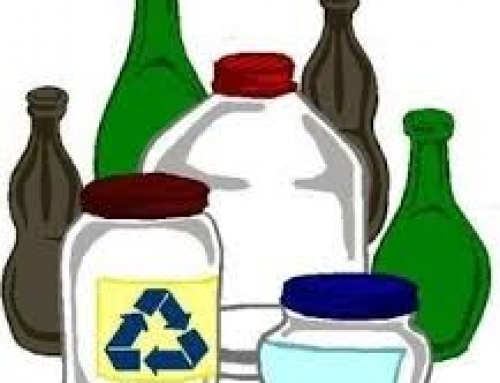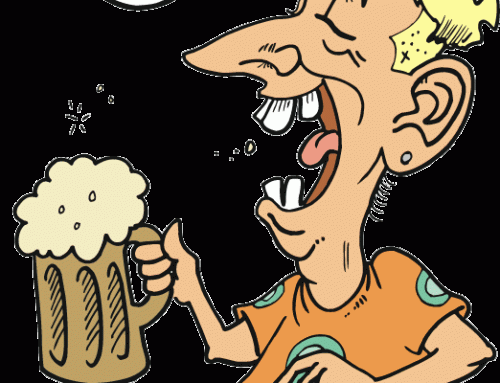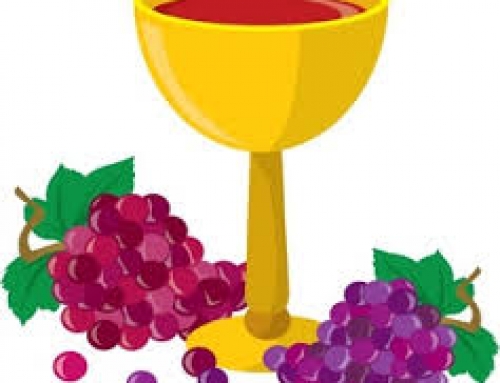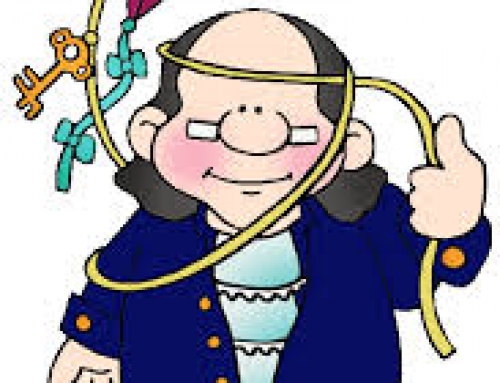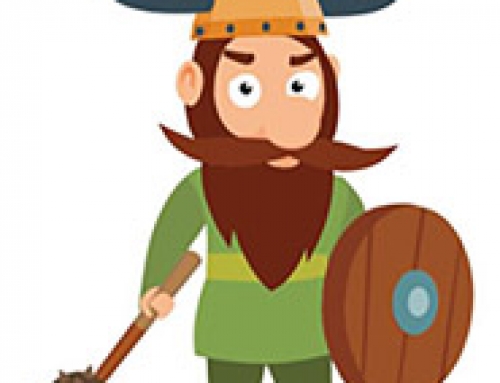Why is wine called wine? Wine traces its origin to many sources. The Old English word was “win,” a word that goes back to Old High German, Old Norse, Dutch and eventually, to the Latin “vinum. Other cultures join in the word construction, including the Greek, Armenian, Hittite, Hebrew, Welsh and Irish. Sounds like a bunch of people have been drinking wine for a long time.Women are better wine tasters than men. That’s because women have better smelling abilities and wine tasting is more about aroma than actual taste.
There’s a difference between “aroma” and “bouquet.” Younger, less mature wine has “aroma” while older, more mature wine has “bouquet.” Maybe that’s why we bring bouquets to women – no-one has delivered a bunch of aroma.
While we’re on the subject of courting, Johann Strauss said, “A waltz and a glass of wine invite an encore.”
The Bible has 512 references to wine. Guess that they weren’t too big on diet sodas at that time.
Ancient Greek poet Aristophanes said, “Quick, bring me a beaker of wine so that I may wet my mind and say something clever.” Maybe we would all be better poets with a glass or two of wine under our belts.
If you want to impress your red wine fans, talk about tannin. This is a component of wine that makes it rough or dry. Say that you want a wine that’s low in tannin and it will be smooth and sweeter.
On that subject, what makes a wine “dry?” It’s pretty straightforward – it simply means that the wine has no sugar that remains after fermentation. Red wine is usually drier than white
Aging wine doesn’t improve it. Most wines should be consumed within one year of bottling.
Oenophobia is the fear or hating of wine. Be sure that you don’t invite a oenophobe to your next dinner party.

